Plastic-packaging-tax – Renewable-naphtha 12-02-2022 - Arhive
Plastic-packaging-tax – Renewable-naphtha
-Honeywell launches renewable naphtha using UOP Ecofining technology
In Illinois, Honeywell announced that it has introduced a new solution for producing renewable naphtha for petrochemical production using the commercially proven Honeywell UOP Ecofining technology.
The new pathway can produce high yield of naphtha from sustainable feedstocks like used cooking oil and animal fats. Plastic-packaging-tax – Renewable-naphtha
Naphtha is a valuable petrochemical feedstock used in the production of plastics, specifically olefins that are building blocks for other chemicals and aromatics that are used to produce polyester and other packaging materials. Naphtha is traditionally derived from crude oil and natural gas condensates but can now be produced from renewable feedstocks. Renewable naphtha from sustainable feeds such as used cooking oil has a 50%-80% lower greenhouse gas footprint compared to petroleum feeds, depending on the feedstock.
Prior to the introduction of renewable naphtha solution, the UOP Ecofining technology has been used to produce predominantly Honeywell Green Diesel and Honeywell Green Jet fuel, with small amounts of bio-naphtha being produced as a secondary product. Plastic-packaging-tax – Renewable-naphtha
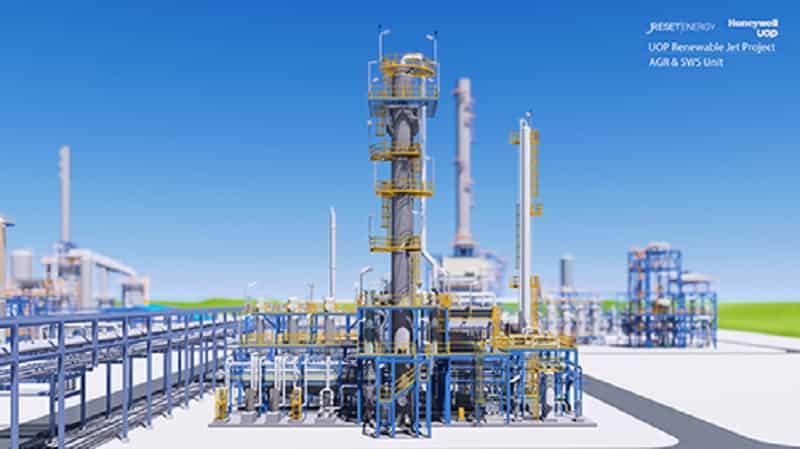
-Fulgar joins BASF to create the eco-sustainable Q-Cycle yarn
The Mantuan company Fulgar, one of the world leaders in the creation of innovative fibers and yarns, once again enters the increasingly current discourse of sustainability towards the environment by expanding its portfolio of green proposals with the creation of Q-Cycle, eco-sustainable yarn born from the meeting with the ChemCycling project of the largest chemical company in the world, the German multinational BASF. Plastic-packaging-tax – Renewable-naphtha
After having conceived and created the Q-Nova recycled nylon fibers, the Evo bio-based nylon and the Amni Soul Eco biodegradable nylon, Fulgar intended to “promote an increasingly sustainable and circular textile supply chain in Europe through the application of technologies avant-garde that until recently were not even conceivable ”, Alan Garosi, Fulgar Marketing Manager, explained to FashionNetwork.com. “We want to offer textile-clothing specialists a new type of yarn, again based on nylon 6.6, but deriving from post-consumer waste, for which we are already in the industrial phase. It is a first step towards a real circularity in the world of plastic materials “. Plastic-packaging-tax – Renewable-naphtha
Through a synthetic chemical process called pyrolysis, BASF’s technology partners transform post-consumer and end-of-life plastic waste into a secondary raw material, pyrolysis oil, which is capable of replacing the same amount of raw materials. fossils used at the beginning of the chemical production process. The share of chemically recycled material is assigned to the final product using a third party verified mass balance approach. Basically, what is obtained at the end of the process brings the waste back to being resynthesized into plastic materials, including nylon 6 and nylon 6.6.
A technology that can be applied to any plastic waste that cannot be mechanically recycled, such as end-of-life tires. Fulgar has decided to use the polymer produced from raw materials recycled from old tires since these are usually incinerated with a consequent high emission of CO2, while the part of waste that cannot be transformed into raw material is pyrolyzed into gas and used to generate the energy needed for the entire recycling process. Plastic-packaging-tax – Renewable-naphtha
A nice advantage for the ecosystem.
“The continuation of this collaboration with Fulgar, dating back to a few years ago, has allowed us to continue our discussion on sustainability with new technologies”, assured Marina Favretto, Key Account Manager of BASF, a group of 110,000 employees and a turnover of around 60 billion euros, which recently bought a part of the nylon 6.6 business which was from Solvay (Rhodia and Rhône-Poulenc).
“In 2020 we invested 16 million euros in a company (Pyrum) that carries out a process of thermolysis of plastic waste and scraps or of discarded tires. Aware of the fact that 70% of plastics and 40% of tires in Europe are not recycled, we have therefore invested in their solution that allows the recycling of plastics with a thermochemical decomposition process, even if for now we have only started with the old car tires ”, continued Favretto. Plastic-packaging-tax – Renewable-naphtha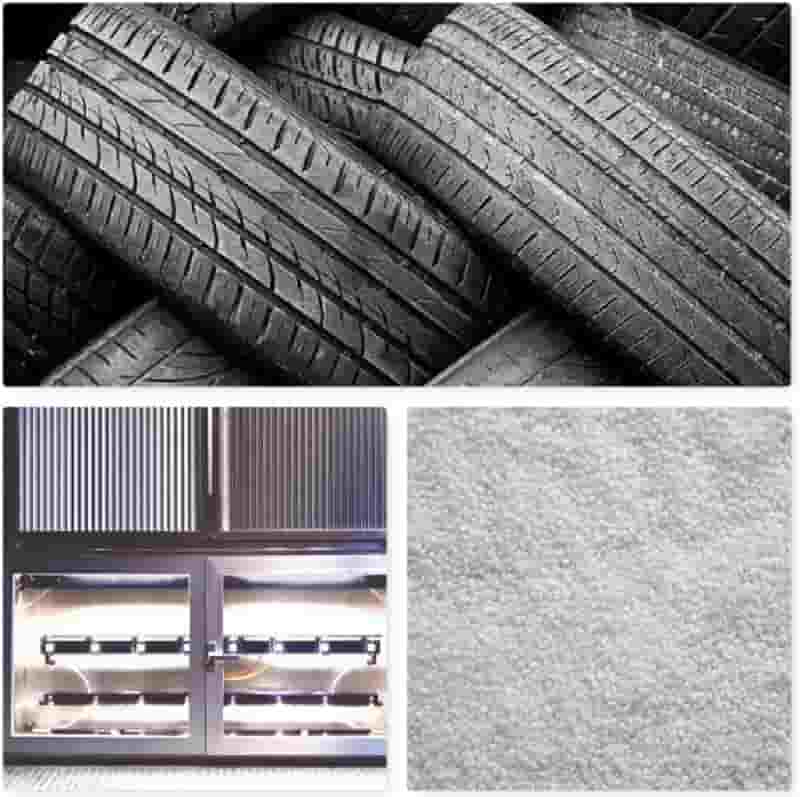
-Alpla group continues international growth trajectory
The ALPLA Group, the global packaging solutions and recycling specialist, increased its turnover in the 2021 financial year by 8.4 per cent to four billion euros. The number of employees worldwide increased to 22,100. In addition to investments in recycling and in the development of bio-based and biodegradable plastics, the company expanded through acquisitions and participations.
‘We have put ourselves in a strong position internationally in recent years, invested in the recyclability of plastics and in new technologies and materials, and achieved a new sales record in 2021. We want to secure this positive development sustainably and in the long term,’ emphasises ALPLA CEO Philipp Lehner. With an increase in turnover of 8.4 per cent to four billion euros, the previous year was significantly exceeded. Plastic-packaging-tax – Renewable-naphtha
Expansion and globalisation of recycling
Since 2021, the ALPLA Group has invested an average of 50 million euros annually in the expansion of recycling activities. By 2025, the recycling loops are to be closed in as many regions as possible.
‘Our customers’ demand for high-quality recycled materials is also growing outside Europe. In the long term, we want to cover between 70 and 80 per cent of demand with our own production,’ says Philipp Lehner. Plastic-packaging-tax – Renewable-naphtha
Outlook 2022
Growth of three to five per cent is the target for the 2022 financial year. ‘Numerous projects and acquisitions in the USA, Mexico, Asia-Pacific region and Western Europe enable us to strengthen existing and enter new product and market segments,’ Lehner emphasises. With the new Asia-Pacific (APAC) region coming on stream in early 2022, ALPLA is also expanding the reach of its industry-leading mould technology in the growing Asian market and driving the expansion of the circular economy in the region. Plastic-packaging-tax – Renewable-naphtha

-Synthos, Lummus Technology collaborate on bio-butadiene plant
Lummus Technology is collaborating with Polish chemicals producer Synthos to produce bio-based butadiene (BD) technology, said the company.
Synthos has increased capacity of its proposed bio-BD plant to 40,000 tonnes/year from 20,000 tonnes/year, following the success of the feasibility study conducted by the partnership last year. The location of the plant has not been disclosed.
The technology is now ready for implementation and the project will move into the engineering and design phase. Plastic-packaging-tax – Renewable-naphtha
As well as the plant capacity, Synthos will license BASF’s BD extraction technology from Lummus through its subsidiary Green Circle, with the processing firm providing digitalisation capabilities to increase efficiency in the project.
Earlier it was reported that Synthos closed the production of polybutadiene rubber (PBK) in Kralupy nad Vltavou (Kralupy, Czech Republic) for scheduled repairs. This plant with a capacity of 100 thousand tons of PBK per year will be closed for one month.
As per MRC, Synthos announced the final investment decision for the construction of a new Butadiene Extraction Unit with associated logistic infrastructure to be built in Plock, Poland. Air Liquide Engineering and Construction licenses the BASF NMP Butadiene Extraction technology and has been awarded with the overall engineering, procurement and Construction services and supplies for the project.
The commissioning of the Butadiene Extraction Unit and first production are scheduled for 2024. The Butadiene extraction Unit will have a BD capacity of 120 kt/y. Plastic-packaging-tax – Renewable-naphtha
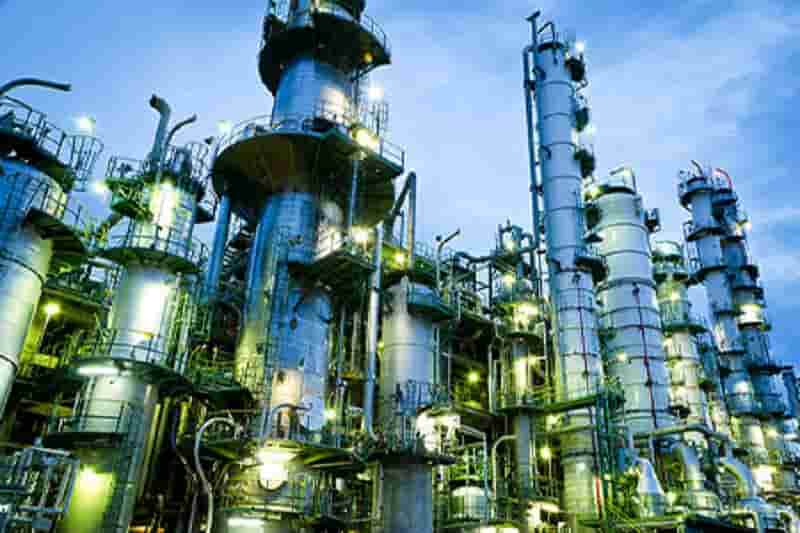
-Plastipak expands PET recycling capacity
Plastipak has completed a “major” investment to expand annual PET production at its manufacturing site in Bascharage, Luxembourg, by 136%.
The original PET recycling facility, which converts washed rPET flakes originating from post-consumer bottles into food-grade rPET pallets, opened in Luxembourg in 2008. It is co-located with Plastik’s flagship preform and container manufacturing facility.
The commissioning and installation of the expansion took 12 months, with Plastipak now announcing its official opening. Plastic-packaging-tax – Renewable-naphtha
Plastipak says rPET produced at the site is converted into new preforms and containers at the Bascharage facility, which mainly serves the German and Benelux food and beverage markets.
rPET represents 27% of the total resin consumed in Plastipak’s European sites in 2020, according to the company. At Bascharage, the site of the recent rPET expansion, the proportion of recycled resin consumed in 2020 was reportedly 45.3%.
The company adds that the expansion is intended to complement its existing recycling facilities in France, the UK, and USA. It also recently announced plans for a new recycling facility at its plant in Toledo, Spain.
Pedro Martins, executive managing director of Plastipak’s European division, comments: “This latest investment to increase our capacity in rPET production actively demonstrates Plastipak’s long-term commitment to bottle-to-bottle recycling and our leadership in the PET circular economy. Plastic-packaging-tax – Renewable-naphtha
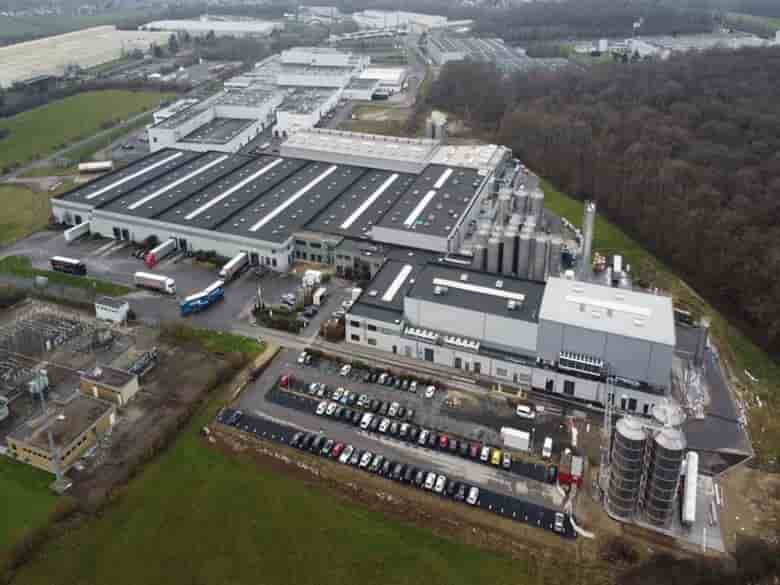
The UK government will introduce a new Plastics Packaging Tax (PPT) on the 1 April 2022 Plastic-packaging-tax – Renewable-naphtha
After this time, tax at the rate of £200 per tonne will have to be paid on any plastic packaging that falls within the tax rules. The tax applies when the plastic packaging component does not contain a minimum of 30% recycled content.
If you manufacture or import packaging, you will need to take steps to establish your status within the tax. Companies that manufacture or import more than 10 tonnes of plastic in 12 months will have to register and keep additional records to calculate and pay the tax if they are the company performing the last substantial modification before filling, packing and labelling. Plastic-packaging-tax – Renewable-naphtha
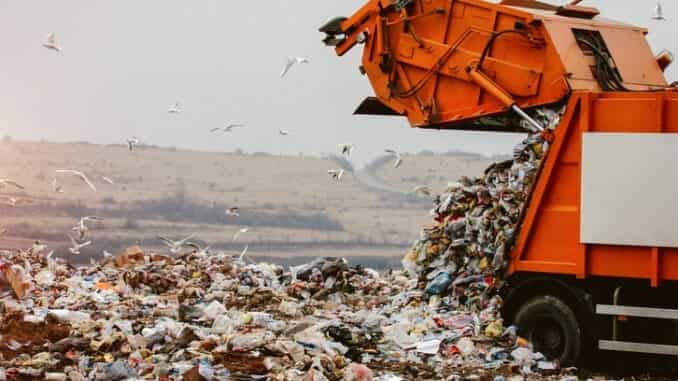
Plastic-packaging-tax – Renewable-naphtha
